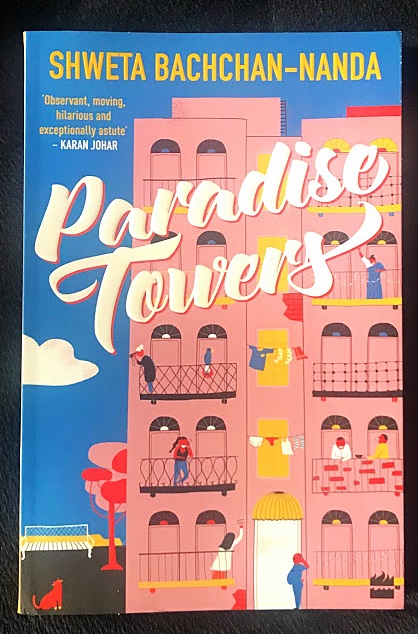"Paradise" by Toni Morrison is a powerful and haunting novel that explores the complexities of race, gender, and religion in a small all-black town in Oklahoma. The story follows the lives of the women of the town, known as the Convent, who are seen as a threat by the men in the nearby town of Ruby.
Morrison's prose is lyrical and evocative, drawing the reader into the lives of the characters and the rich history of the town. The novel delves into themes of violence, trauma, and redemption, as well as the ways in which society seeks to control and oppress marginalized groups.
The characters in "Paradise" are vividly drawn and complex, each grappling with their own demons and desires. Morrison skillfully weaves together multiple narratives, creating a tapestry of voices that illuminate the interconnectedness of the characters and their struggles.
Overall, "Paradise" is a thought-provoking and beautifully written novel that delves deep into the complexities of human nature and the ways in which society shapes our identities. Morrison's exploration of race, gender, and power is as relevant today as it was when the novel was first published, making it a timeless and essential read.

